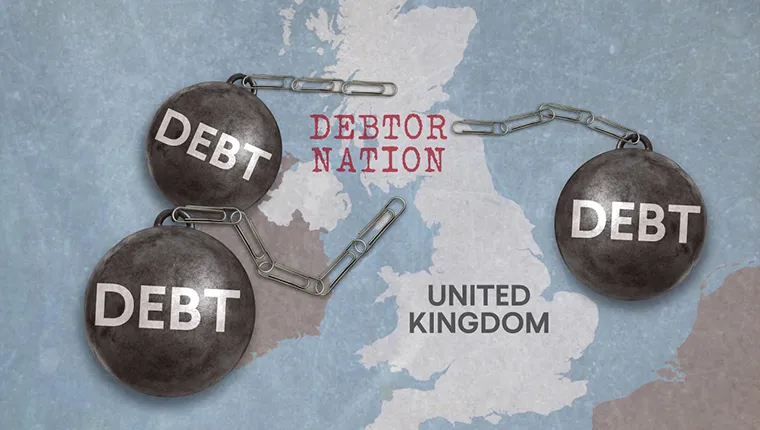The Suez Canal Crisis
Explore a historical case study on the Suez Canal to understand how monetary policy can also be used as a tool of foreign policy.
Teaching Resources—Monetary Policy: Economic Statecraft (including lesson plan with slides)
Higher Education Discussion Guide
In 1956, the Egyptian government seized the Suez Canal from British control. When the United Kingdom, France, and Israel invaded the country, the United States responded by using financial tools.
Video Transcript: The Suez Canal Crisis
Foreign policy is about more than guns and diplomats. It’s also about money. These days, instead of firing missiles, countries are more likely to launch financial sanctions, and instead of giving out guns, they’re more likely to offer low-interest loans. While wielding financial power is becoming more frequent, it’s not necessarily new. One of the best-known examples can be found in the history books.
In 1956, the Egyptian government seized the Suez Canal from British control. The loss of this vital passageway for international trade infuriated British officials. In response, the United Kingdom partnered with France and Israel in a secret plan to take it back through military force. Later that year, the three countries invaded Egypt and recaptured the canal, but there was a major problem with their plan: the United States.
The Suez crisis happened in the midst of the Cold War, when the United States was trying to convince as many countries as possible to side with it over the Soviet Union. U.S. officials were eager for anything that might erode the world’s opinion of the Soviet Union, and they got it in 1956, when Hungarian citizens overthrew their communist government. The Soviet Union responded. Sending its military in to brutally crush the revolution.
U.S. President Dwight Eisenhower and his administration pointed to the bloodshed in Hungary as a prime example of Soviet repression. But the Suez crisis distracted the world’s attention, and it put the U.S. in a bind. While the United States was allied with the British and French, American officials knew that the Arab world greatly resented the invasion of Egypt. They realized that, if the United States supported the invasion, it would hurt its own popularity throughout the Middle East, potentially allowing the Soviet Union to grow its influence in the region.
So the United States demanded that all three invading countries, the United Kingdom, France, and Israel, withdraw their troops from Egypt. Yet U.S. officials were not about to use military force against their allies. Instead, the Eisenhower administration turned to other foreign policy tools, including financial policy, to put economic pressure on the invaders. The British were particularly vulnerable.
During World War II, the United Kingdom borrowed an enormous amount of money from other countries. After the war was over, they borrowed even more money from the United States and Canada to help rebuild their decimated country. At the time, the British economy was struggling, a situation that was made worse as its empire and the revenue it provided dwindled. All of this put the United Kingdom in a vulnerable financial position as a debtor nation.
And in 1956, when it decided to invade Egypt, the British had large debts mounting. Their annual repayment of postwar loans was due to the United States and Canada at the end of they year, and at 175 million dollars, it was no small bill. The prospect of so much money leaving the country at a time when so little was coming in caused British officials to worry that they wouldn’t have enough to support their fragile economy. So they turned to their ally and creditor nation, the United States, which had the world’s strongest economy.
The British asked for a loan from the U.S. Export-Import Bank, and they sought a loan from the International Monetary Fund, which the United States had major influence over. They also tried to delay their annual debt repayment, but American officials surprised the British with their response, insisting that the United Kingdom would not receive any financial aid until it withdrew its troops from Egypt.
Fearing economic ruin, the British acquiesced to the Americans’ demands, and the French and Israelis also withdrew under American pressure. Having waved its financial stick, the United States was now ready to offer financial carrots. The U.S. allowed the UK to postpone repayment on the postwar loans, and the Americans loaned the British even more money.
As a creditor nation, the United States was able to wield its financial might to influence the foreign affairs of its debtor. As a debtor nation, the United Kingdom’s foreign policy was vulnerable to the will of its creditor. This is an example of geoeconomics, the use of economic tools for political ends.









